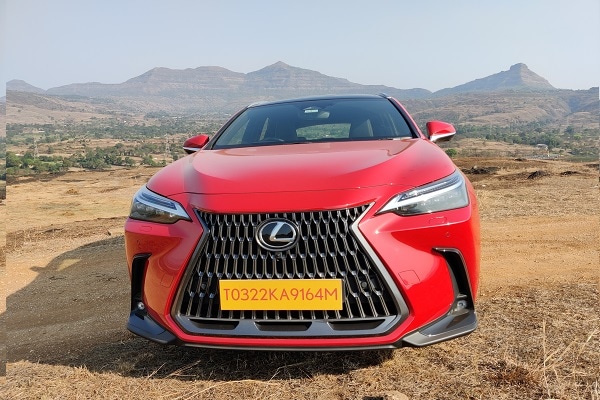How to ensure a good deal while buying a second-hand car: Key tips
- Buying a perfect used car can be exciting and complicated at the same time.


The Covid-19 pandemic has brought a lot of disruptions in the automotive market. Besides that, it has aggravated many trends as well. One such trend is the demand for used cars, which has witnessed a shot in the arm since the pandemic. Factors such as the financial crisis of consumers due to job losses and salary cuts, and economic uncertainty have propelled potential car buyers to think positively towards used cars. Also, many car owners were forced to sell off their cars. Many had to let go of their cars just because of their inability to pay the EMIs. These factors pushed many well-maintained and relatively new vehicles into the pre-owned market, which became available for potential consumers who were looking for a car at affordable costs.
The trend of high demand for used cars is still continuing. Mordor Intelligence has estimated that the Indian used car market size is expected to grow from ₹2.30 lakh crore in 2023 to ₹4.63 lakh crore by 2028, at a CAGR of 15.10 per cent. In fact, earlier this year in August, it was found that while new cars were selling 38 lakh cars across India annually, used cars were registering over 50 million units, clearly outpacing the new passenger vehicle sales. The used car market in India is bifurcated into two segments. While only 17 per cent of the market is accounted for by the organised players including the OEMs, the majority of the pre-owned car purchases and sales in India are done informally.
Also check these Vehicles
Also Read : Planning to buy a car online? Here are some key tips to follow
If you are embarking on your first car purchase or you are an experienced buyer, getting a perfect used car can be exciting and complicated at the same time. If you can secure a good deal while buying a used car, it could be highly cost-effective as well as similar to purchasing and owning a brand-new model. Here are some key tips to follow to secure a good deal while buying a used car.
Set a budget
This part is indifferent like buying a new car. Always set a budget that you can afford and won't hurt your financial strength. This is required to be refrained from overspending. No matter how tempting a deal may be, don't go beyond your budget to own that car. Also, while setting your budget for a car, always consider the elated costs like insurance. Besides that, consider the recurring costs related to a car's ownership as well, which include fuel bills, maintenance costs etc.
Research the market
This is highly crucial. Researching the market is a part of the vehicle buying process, which you shouldn't neglect, irrespective of new or used cars. Use online tools as well as visit offline used car sellers to check multiple cars, their pricing, and conditions. Take into consideration the factors like mileage, year of manufacturing, and condition of the vehicle. Also, check what type of car is most suitable for you. Market research will help you to understand if a car is overpriced.
Choose the right seller
Depending on the findings of the research choose the right seller. There are organised and unorganised players in the market. The organised players offer some perks like a tenure of warranty, a hassle-free purchase process including all the paperwork etc. However, the organised players are often seen charging pretty high than the market value of a car. On the other hand, you can go and negotiate the price with an unorganised player or an individual seller. However, in these cases, getting a warranty or paperwork completed by the seller is unlikely. So, assess these factors and compare them judiciously before choosing the right seller.
Get the car's history
This is an important part of knowing the details of a car you are about to purchase. No matter where and from whom you are buying the used car, always get the vehicle's history report, which reveals crucial details about the car's past including title status, maintenance records, accidents etc. Checking this can save you from buying a flawed car, which may not show the faults initially but can start giving you trouble at a later stage.
Have the car inspected
If you know about cars in detail, always inspect the car personally. Take multiple thorough test drives as you feel necessary, check intricate details, and ask the seller whatever your queries are. If you are not confident about the technicalities of a car, always hire a professional technician who can understand what is wrong with the vehicle if there is any fault that is hidden in plain sight.
Understand paperwork and negotiate terms
A car buying includes a lot of paperwork, especially if it is a used car. Hence, always pay attention to understanding the paperwork and its details. Also, negotiate with the seller to get the terms in your favour as much as possible. Consider opting out of the deal if you feel the terms are not right for you.
Set a budget
Research the market thoroughly
Choose the right seller
Get the car's history
Inspect the car thoroughly
Understand paperwork and negotiate terms








 40 kWh
40 kWh 150 Km
150 Km
 3996.0 cc
3996.0 cc Petrol
Petrol


















